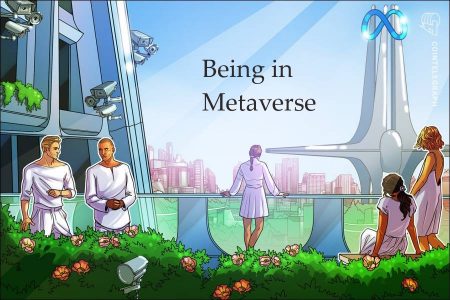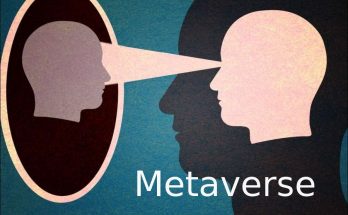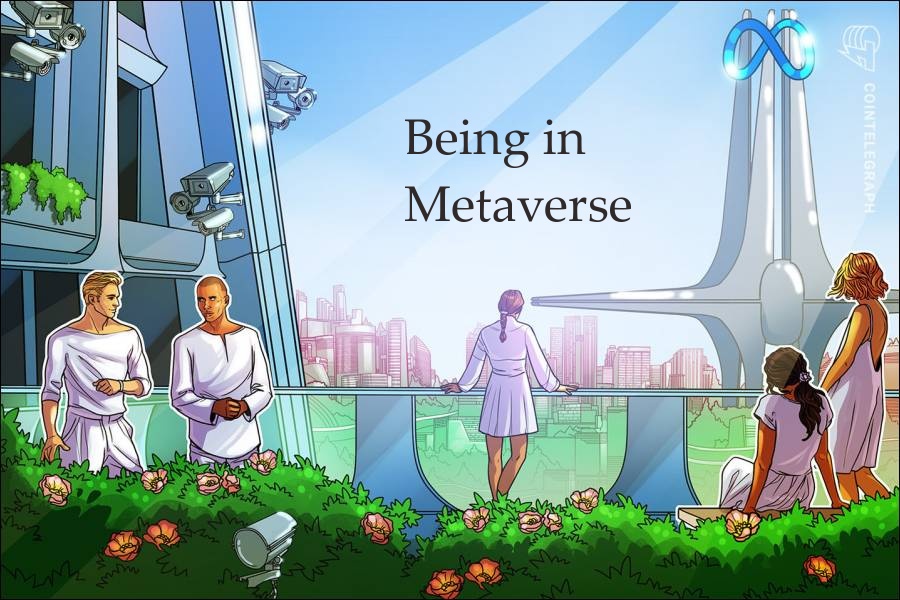Traveling and spending money in this realm can reduce the waste we leave in the world. Applications in the field of education can create a great breakthrough. It can eliminate boredom. Whether this is a good thing or not is a matter of fundamental debate.
Being busy with something all the time kills creativity, reduces self-awareness and distracts from real problems. On the other hand, it is possible to have an idea about the consequences it will have on human psychology, based on research on problematic internet use.
Alexithymia, Game Transfer and user avatar interaction
Alexithymia is a state of being alienated from one’s own emotions and not recognizing one’s own emotional world, which occurs as a result of suppressing emotions for a long time. Since game addicts suppress their emotions during video games, they also show alexithymic characteristics in real life and display a blunt (insensitive) stance towards the outside world.
The game transfer phenomenon “OTF” (game transfer phenomena GTP) is the imaginary real-life digital simulation of interaction in a video game environment. This phenomenon became the subject of research after a player who played WoW (World of Warcraft) said that he saw “health bars” (vulnerability level) on people’s heads in real life.
When researched, it was understood that most of the players experienced this situation to a certain extent. Spending long hours in the game, sensory load, intense focus, trance state, and emotional integration/attachment have all been shown to lead to OTF. The fact that gamers evaluate OTF as a positive rather than a negative situation makes the issue more important for mental health. It should be added that game addicts between the ages of 15-22, who encounter this phenomenon more frequently, also experience confusion and insufficient sleep.
Avatar usage is nothing new either. Previously, most of the users on the internet preferred to be represented by their “nick” instead of their real identity. However, in the beyond, avatars are not just abstract adjectives, but with the addition of the third dimension, they become the representation of one’s ideal ego. Studies on the use of avatars are interesting in that they show the possible consequences of the other world to human life. The avatars people choose to manage their sense of self online are not judged, allowing people to feel protected and hide more of their true identities. It seems that the tendency to hide oneself is higher in women.
Those who choose avatars close to their own identity do not see the real world and the world they create differently. On the other hand, those who choose a distant (very different) avatar are moving away from the real world. Because this situation creates the perception that it is possible to go beyond the possibilities of the real world. According to Pringle, the physical similarity of the avatar and the person increases self-esteem, and according to Hou, the similarity of attitudes and beliefs with the avatar leads to the same result.
In contrast, Ducheneaut reported, as the avatar transforms into a high ideal self, self-esteem decreases, the depth of depression increases, and Courtois et al. According to his study, the tendency to pathological gambling is increasing. You et al. reports that avatar identification causes low social skills and increases the likelihood of depression and gambling addiction.
For those with schizophrenia-like symptoms, the metaverse offered by the metaverse will be a safe haven for those who want to escape from real life. How the other universe will affect the lives of people who are considered “normal” today will be seen by experience. The likely outcome is that the virtual world will detach people from reality to varying degrees, distract them from their responsibilities, and delusions and psychotic symptoms are more common in the general population.Avatar usage is nothing new either.
Previously, most of the users on the internet preferred to be represented by their “nick” instead of their real identity. However, in the beyond, avatars are not just abstract adjectives, but with the addition of the third dimension, they become the representation of one’s ideal ego. Studies on the use of avatars are interesting in that they show the possible consequences of the other world to human life. The avatars people choose to manage their sense of self online are not judged, allowing people to feel protected and hide more of their true identities. It seems that the tendency to hide oneself is higher in women.
Those who choose avatars close to their own identity do not see the real world and the world they create differently. On the other hand, those who choose a distant (very different) avatar are moving away from the real world. Because this situation creates the perception that it is possible to go beyond the possibilities of the real world. According to Pringle, the physical similarity of the avatar and the person increases self-esteem, and according to Hou, the similarity of attitudes and beliefs with the avatar leads to the same result.
In contrast, Ducheneaut reported, as the avatar transforms into a high ideal self, self-esteem decreases, the depth of depression increases, and Courtois et al. According to his study, the tendency to pathological gambling is increasing. You et al. reports that avatar identification causes low social skills and increases the likelihood of depression and gambling addiction.
For those with schizophrenia-like symptoms, the metaverse offered by the metaverse will be a safe haven for those who want to escape from real life. How the other universe will affect the lives of people who are considered “normal” today will be seen by experience. The likely outcome is that the virtual world will detach people from reality to varying degrees, distract them from their responsibilities, and delusions and psychotic symptoms are more common in the general population.
Next Page: What it’s like to be in the Metaverse.
Hits: 119





